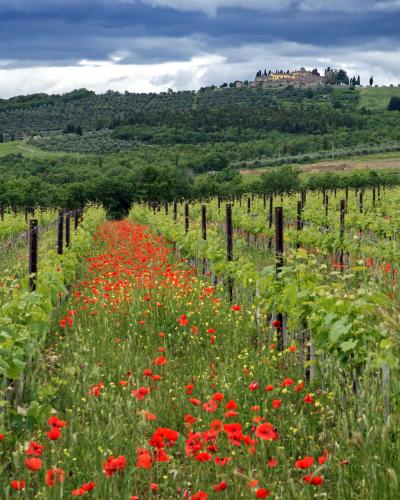The body of science that shows organic farming can reduce greenhouse gas emissions, increase carbon storage, and mitigate climate change is growing. However, since organic production is generally...
There is so much (in)credible science that explains why organic is a good choice for people and the planet, and more is published every week. The Organic Center summarizes the latest research into distilled bites so you can make informed choices. We only report on peer-reviewed studies and always will. Check out our research blog and sign up for our newsletter to get the latest science delivered right to your inbox.
May 18, 2020
Chemical control of pests using synthetic insecticides like neonicotinoids, organophosphates and pyrethroids can harm non-target insects such as natural enemies to pests. A recent study published...
Apr 27, 2020
While the agricultural sector uses the majority of conventional pesticides, lawn and home garden care accounts for 24 percent of pesticide sales and 6 percent of overall...
Apr 20, 2020
Organic agricultural practices provide many ecosystem services that improve farm production while simultaneously protecting the environment. For instance, organic farming...
Apr 13, 2020
Photo Credit: Kelly Sikkema
According to a new study in the journal Foods, conventional farmers are now using twice as much glyphosate spray as they did in the...
Apr 09, 2020
The Organic Center collaborates in new study that finds
organic ag can curb nitrogen pollution
WASHINGTON, D.C. (April 9, 2020)—Nitrogen is part of the foundation for all life. But too much of a...
Apr 06, 2020
Palm oil is a widely used ingredient in processed foods and a popular cooking oil that is often preferred for its affordability when compared to other vegetable oils. Unfortunately, oil palm...
Mar 30, 2020
Photo Credit: Ron Dauphin
Certified organic farms are required to support biodiversity, which in return provides important services back to the farm and improves...
Mar 23, 2020
Photo Credit: Alejandro Luengo
While organic farming benefits the health of the environment and those who farm that land, it is critical that organic farming is profitable...
Mar 17, 2020
The Organic Center and University of Maryland spotlight organic farming practices that provide the biggest bang to soil health
Even with good things, there is...











